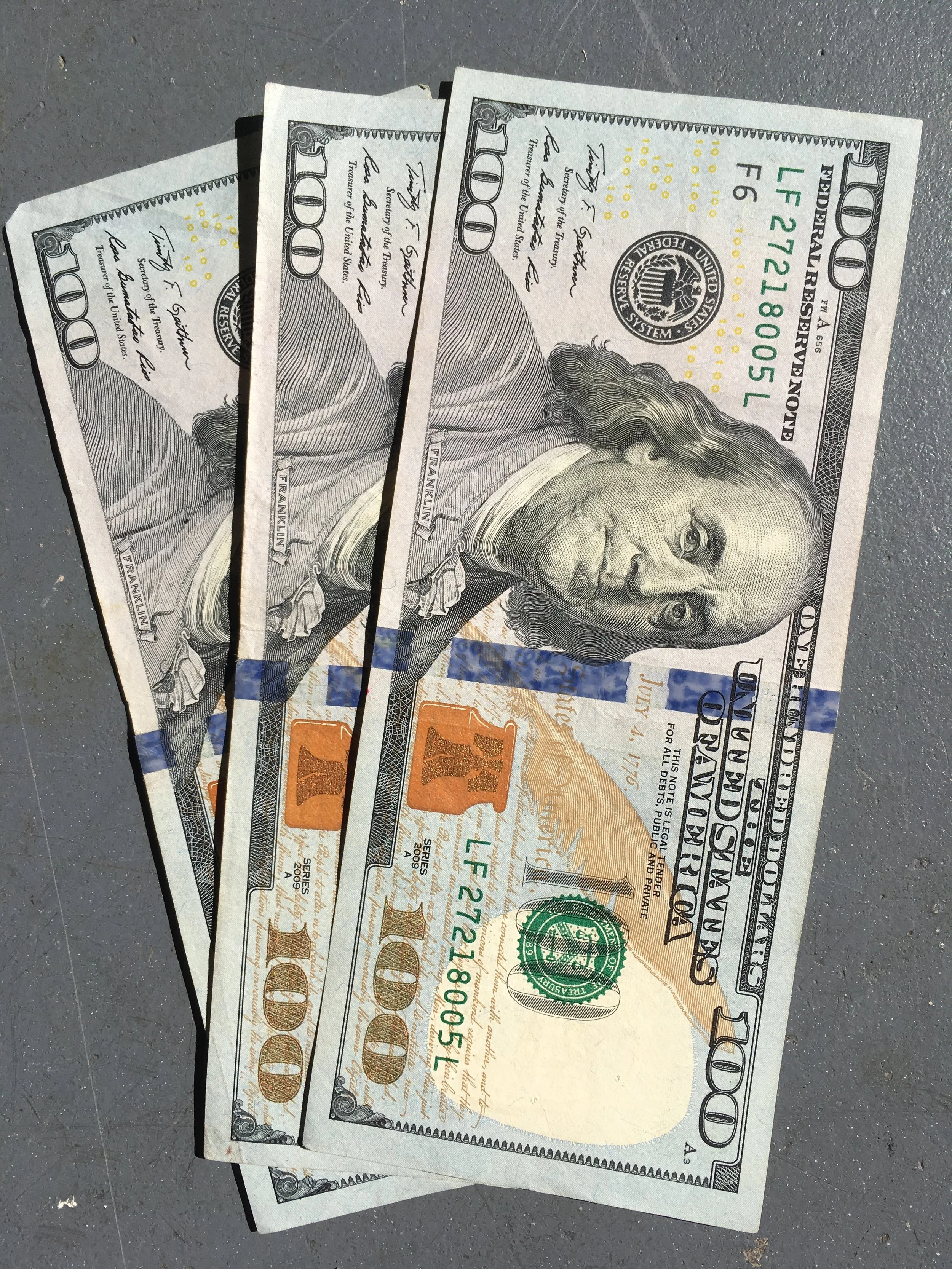Valuation of Raw Land
Valuation principals of raw land:
… before you tear off a hunk of something to chew on…
In order to take a parcel of raw land to it’s highest and best use an investor needs to consider the key valuation principals involved. There are certain questions that are easier to ask than to answer, but they must be addressed to successfully proceed to profitability.
Initial review questions:
Are the improvements financially feasible?
Are the proposed improvements possible to legally permit?
Are the improvements compatible with the surroundings?
Are the improvements realistically possible to do?
Key valuation principals:
Highest and best use:
The highest and best use principal is based on taking the land from the current state of use to the most profitable state of use. This is done through developing the land to the state of greatest value.
Pretty simple to understand, but additional considerations must be looked at to identify what the highest and best use really is.
Supply and demand:
This principal holds that if there is a large quantity of something in the marketplace the value of it is diminished. If there is a scarcity of that product the value increases.
I have taken advantage of this principal in many projects by producing 5-acre residential building lots among smaller competitive lots in the immediate area, thus producing through scarcity, a unique and more valuable product.
Substitution:
Is an appraisal principal that applies in raw land development and in all aspects of real estate marketing. This principal is understood by determining the value of my property against what the cost would be to purchase a substitute property with equal characteristics.
Market value:
This is a place where many homeowners wind up with listings that take a long time to sell. They price their homes too high and eventually decrease the listing price until the home is sold. The true market value is what a willing buyer would pay a willing seller without undue influence.
Additional valuation considerations:
Will the property conform to existing standards in the area?
Will it produce something that is higher in value than what exists in the immediate area?
Will the property be negatively affected by properties that are of lesser value in the area?
Will improvements made by others in the surrounding area add value to my property?
Will my development activities cause competitors to produce similar product, resulting in increased competition?
Externalities:
These are things external to the project that have an effect on it. How much competition is there? Is the local market expanding or contracting?
Despite our best efforts, valuations can change dramatically during the life of a project. Think of one external blowup called the market crash of 2008. We saw the entire U.S. economy crash producing an economic disaster across the board, not just real estate.
Then there are more localized situations like the biggest local employer that was bought out by a bigger company and now they are closing the local facilities and laying off workers.
External conditions are just one reason why land development is speculative in nature, which means undertaking a high risk on the chance of success with no guarantees!
Facts vs fiction:
Raw land developers tend to be optimistic by nature. This is a great characteristic for generating and maintaining momentum during tough times - and you can be sure they will come. Conversely, this same characteristic can cause a guy to go broke.
Valuation considerations must be looked at objectively by finding the true position for the product within the marketplace, while maintaining cost control measures to make sure the project is profitable.
Taking objective facts regarding valuation into account before leaning in the direction of subjective opinions, seems to be a prudent course of action. Paying attention to the relevant valuation principals is a key way to do that.






